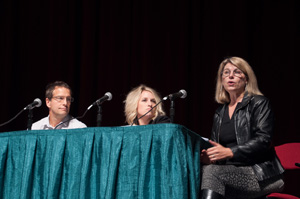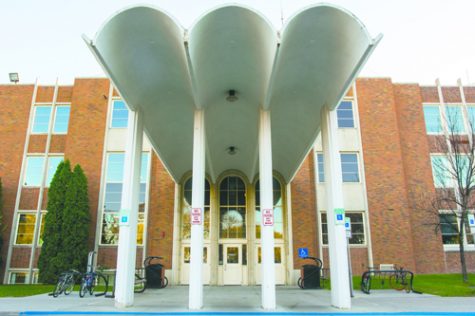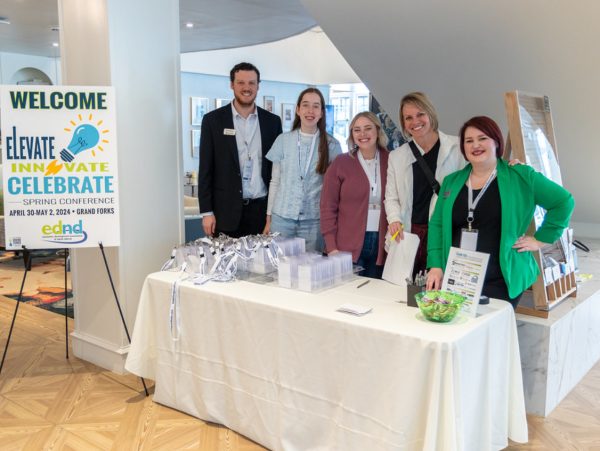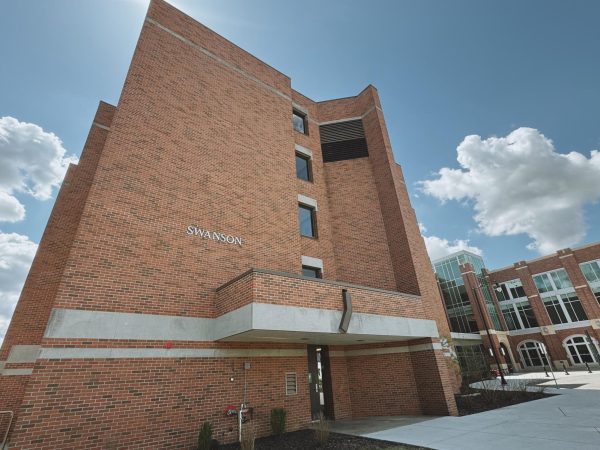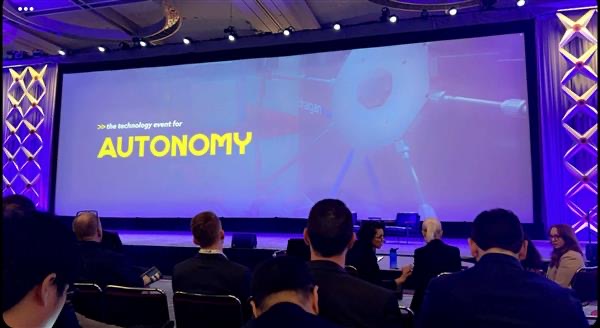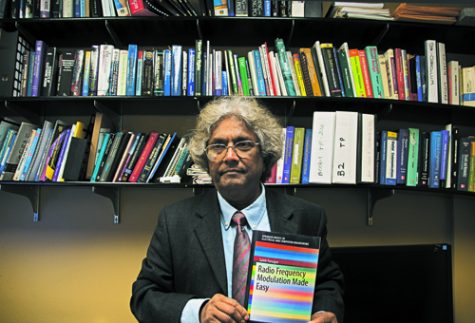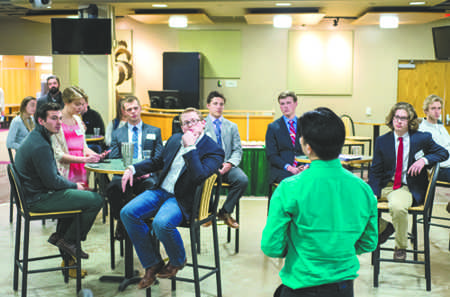Diversity within our GRASP
On Saturday, April 9th, the Graduate Resource Alliance for Students in Psychology (GRASP) hosted a Diversity Within Our GRASP Conference at UND to discuss topics related to the importance and impact on diversity in society.
The conference featured four speakers and a discussion panel at the end. The first two speakers were Sandra Mitchell, with her presentation “Diversity 101” and Ashley Hutchison, presenting Emotional Communication Around the Globe: Universal and Culture-Specific Considerations.
The second two speakers included Sara Durbin, with “How White Privilege Kills White Cultural Diversity” and Darcy Jeda Corbitt, a transgender advocate, with her presentation “Becoming Darcy”.
The concept of privilege is a complicated subject in any context. To introduce the topic, male privilege was first examined. A clear example of male privilege is the benefits one gets in society for simply being viewed as male, according to the pannelists. Males are stereotypically seen as strong, dominant, and not emotional. If they start to deviate from this narrowly defined idea, they are looked down on and associated with weakness, which in turn may cause them to lose some of their privileges, such as respect.
Dr. Durbin spoke about how “whiteness” is a social construct and it does not have a biological basis. History has shown that the concept develops and changes over time, with more and more groups added to the “white” category as time goes on.
Culture is a very important topic when discussing white privilege because it helps us understand what is actually occurring. According to Durbin, everybody has a surface culture that is easily visible. It includes what we wear or eat, and the celebrations we have, among many other things.
She also spoke on how humans have an underlying culture that is much deeper. This defines how we speak, communicate, think, feel and how we express emotion. This is the deep underlying connection some of us have with our culture of origin. Many people have lost this connection to white privilege.
White privilege is the driving force that often causes different ethnicities to give up their cultural connections, in order for them to be accepted into the general population and receive the same benefits that white people do.
One example is when Italian people immigrated to the United States during World War 1, many were threatened and not treated as equal. They were frequently pushed away from society, with people refusing to employ them or give them any benefits. The Italians realized that the only way to gain employment and survive was to change aspects of their culture to seem more “white” so they could gain the benefits of “white society” and escape violence.
What is left over after this happens is negative cultural stereotypes, such as what people believe to be Italian-American.
Durbin said this can be all unconscious.
“It’s like there’s this unconscious carrot that is dangling in front of all of us, forcing us to follow it. We unconsciously don’t want to lose our privilege and become an “other” because then we lose our resources,” she said.
But, we may be making progress because of the more deviant acts used by people of power pulling people apart to maintain their power. According to Durbin this means things may possibly be nearing an end.
“As you change the system, the system pushes back. The closer you are to change, the harder the system will push back.” She said.
The conference ended with a discussion panel on the importance of diversity.
Journey Gontjes is a writer for The Dakota Student. She can be reached at [email protected]



